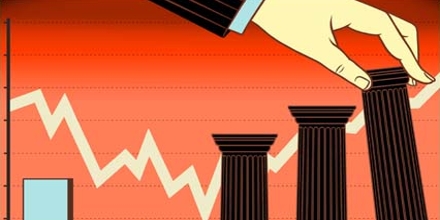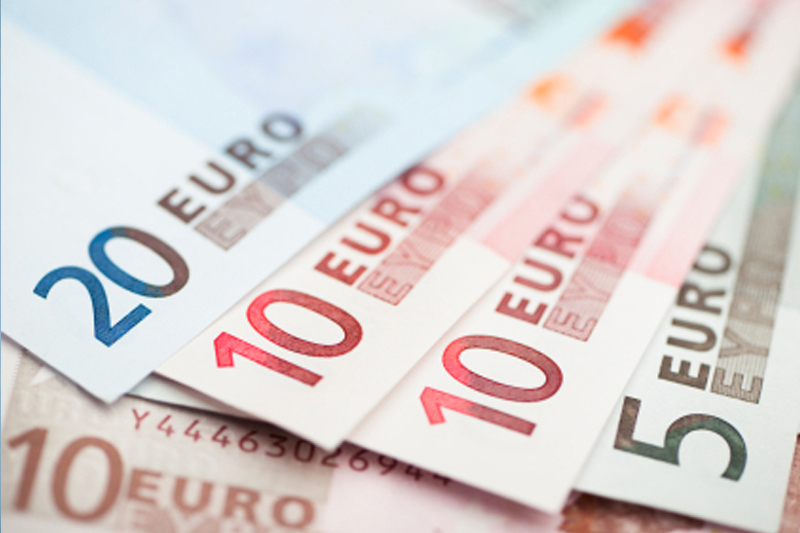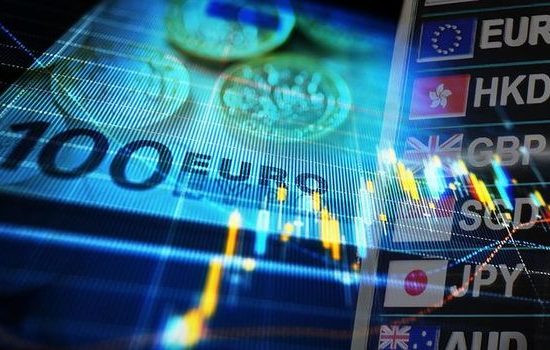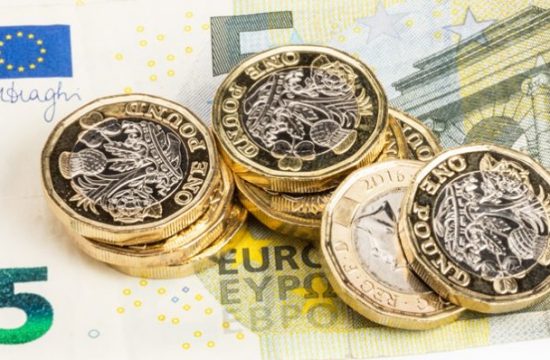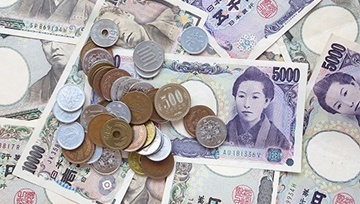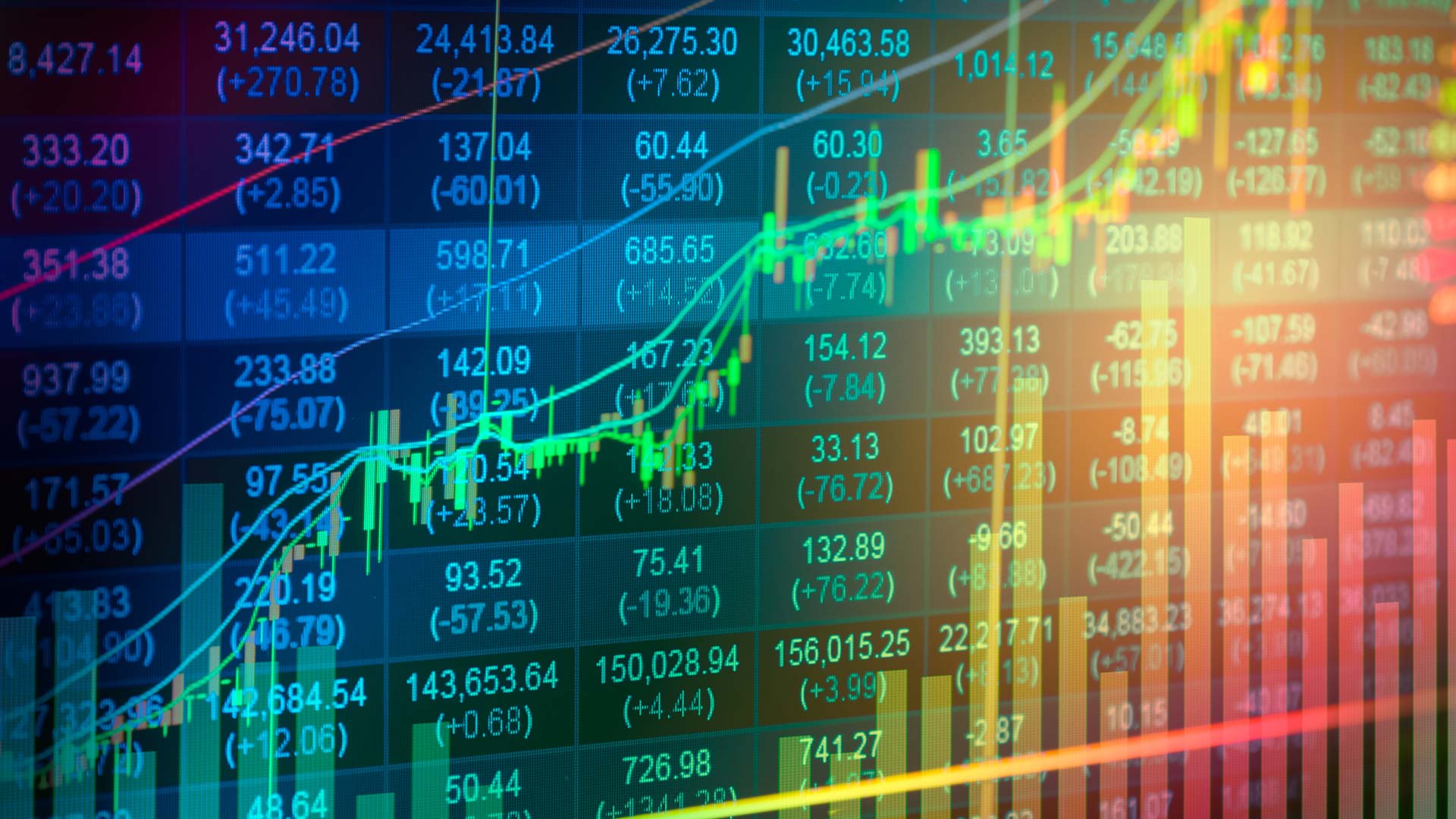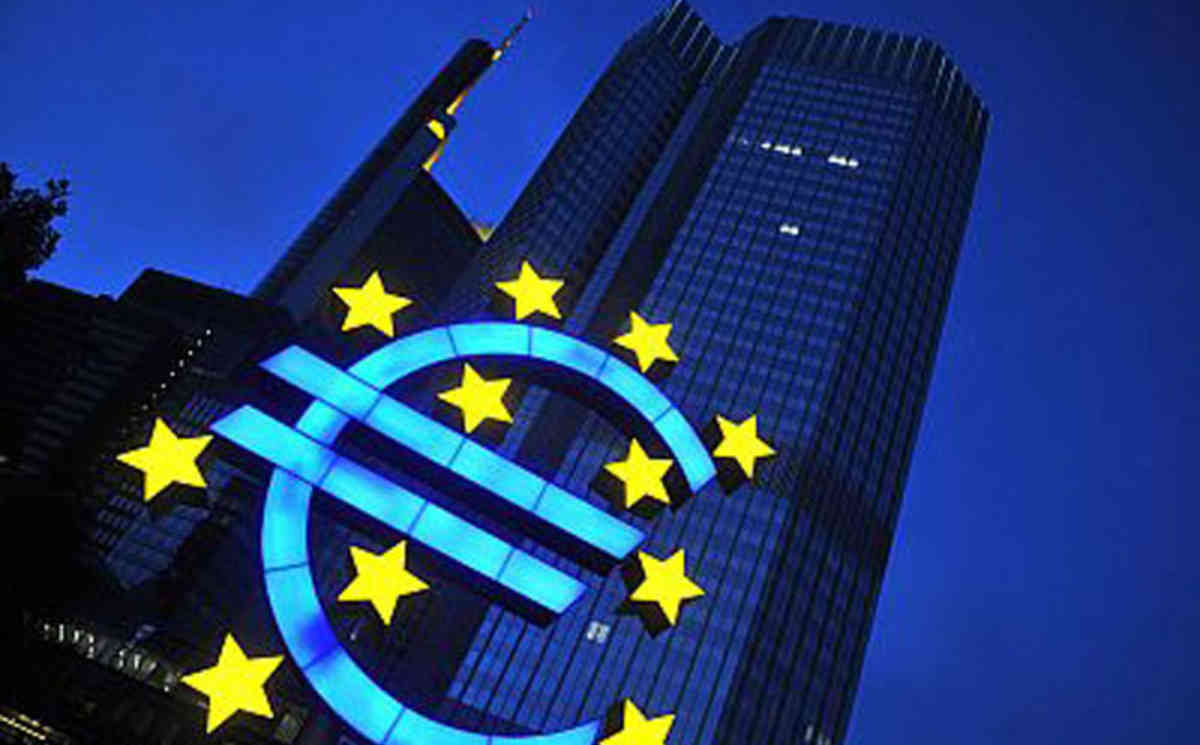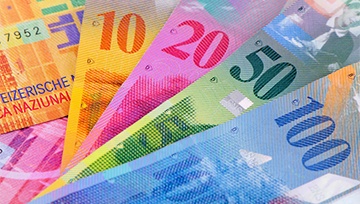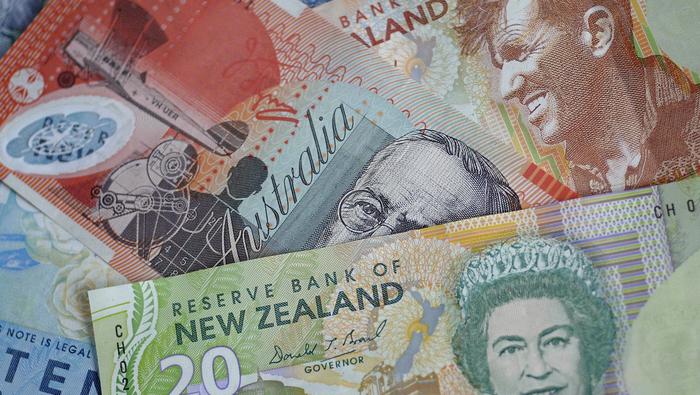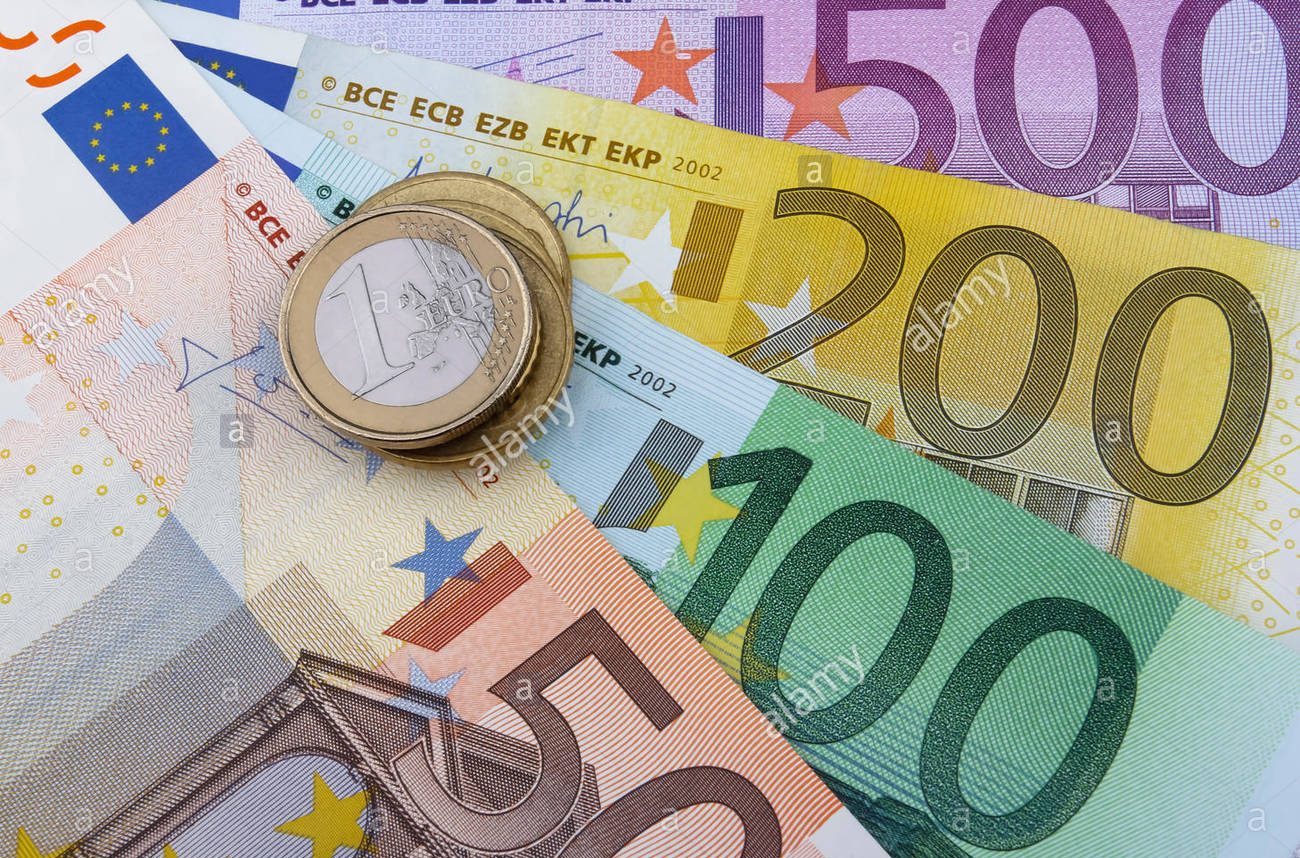
Summary: With almost every government in the world stepping in order to save the private sector, as Germany has done recently with Lufthansa, state capitalism increasingly looks like the coming trend in the post-COVID-19 era. Many governments are forced into this role to avoid massive bankruptcies and layoffs, which results in a bigger dose of government control in the economy, for better and for worse.
A very old story
Marxism, which has been the subject of renewed interest since the GFC, defines state capitalism as a social system combining capitalism with ownership or control by the state, which basically acts like a single huge corporation. It differs from Communism in the sense that in a state capitalist system, the private property continues to exist alongside a big government that dictates the path the economy is heading to. State capitalism has been around for almost as long as capitalism itself.
In 1791, Alexander Hamilton, first-ever U.S. Treasury Secretary, presented an ambitious project to protect America’s infant industries with tariffs from international competition. It marks the birth of the idea of educative protectionism, which will be theorized a few decades later by the German economist Friedrich List after a stay of a few years in the United States.
Since then, there has been a myriad of examples of state capitalism – the Soviet experience of course – but also more recently, many emerging countries such as China and Russia, and so-called strategic sectors, notably the energy sector. For some economists, state capitalism is even an indispensable stage in economic development. Historically, economic and financial crises have catalyzed changes toward explicit forms of state capitalism in the West when governments are forced to play a more important role in the economy by political necessity.
In the aftermath of the Global Financial Crisis, Eurasia Group’s president, Ian Brenner, wrote a celebrated book in which he claims that the GFC announces the end of the free market. His bold statement turned out to be partially correct. During the turmoil, Western governments had to play a bigger role in the economy as a driving force for recovery, but they disengaged themselves very quickly as soon as the economy showed signs of picking up.
This time is different
State capitalism might become a more permanent state of the economy, at least in some countries, due to the nature of the current crisis, which differs from previous ones, mainly for two reasons. First, it is not a “normal” recession. While, on average, 60% to 70% of businesses are hit in a “normal” recession, the COVID-19 crisis has affected almost 100% of businesses in some countries where strict lockdowns have been implemented. Coronavirus scars and depressive effects will persist longer than most believe. Policymakers, with a massive inflow of liquidity into the economy, have delayed and postponed a lot of pain, but they have not eliminated it. The second economic wave is about to start, characterized by massive unemployment and an unprecedented number of bankruptcies.
In countries most exposed, the relative share of the private sector in the economy will dramatically decrease, consecutively leading to a bigger public sector which will employ directly or indirectly a big chunk of the workforce. In addition, governments are likely to rely increasingly on quasi-permanent subsidies to protect domestic companies and appease social discontent resulting from the crisis.
Second, another crisis will emerge soon with potential ripple effects more devastating than the coronavirus. CO2 levels in the atmosphere, reaching a new record, and Artic oil spill caused by melting permafrost are two unpleasant reminders that climate change has not taken a break while we were focusing on the pandemic. Many people might consider a big government is the only way to tackle the consequences of climate change and especially avoid leaving the poor even farther behind.
The Russian way or the Singapore model
The Russian Federation and Singapore give us two extreme examples of what state capitalism looks like nowadays. The Russian way is the example not to follow. Since the nationalization of Yukos, the Russian government has taken over part of the private sector to such a level that 55% of the economy is now in the hands of the state, and 28% of the workforce is directly employed by the government – the highest level since the mid-1990s. The government’s control over the economy has been characterized by the lack of structural reforms and the increased share of extreme wealth in the private sector. Basically, a new elite close to power has replaced the Soviet nomenklatura.
At the other extreme of the spectrum, Singapore is often rightly presented as the paragon of state capitalism. Since the 1970s, it has rejected the laissez-faire system that flourished in neighboring countries, and the state has always played a central role in the economy as a major shareholder of the domestic industry and commerce. As such, it has managed to successfully build up competitive companies in key market segments like high technology and semiconductors for the benefit of the majority. Between these two extreme paths, there is obviously a middle-ground that can depend, among other things, on each country’s political culture.
Second-order effects of state capitalism
As we have learnt the hard way in the past, there ain’t no such thing as a free lunch in economics. There are very important and negative underlying implications of the trend toward state capitalism worth considering. We are very likely to see a growing number of governments resorting to protectionism, through regulations that considerably change the rules of the game, in order to protect their market and their companies from foreign competition. History teaches us it evolves almost every time into a lose-lose situation for the initiating country: job losses, drop in foreign investments, loss of competitiveness, etc.
As wealth inequality is likely to jump in the aftermath of the crisis, governments might also be inclined to oppose to market forces of supply and demand by implementing administrative prices. We have recently seen such calls in favor of setting administratively the prices of masks or enacting rent control in some countries. Administrative prices are sometimes necessary, for instance, for some medications, but price discovery should be the rule. Otherwise, it will conduct to lower supply or even the development of the black market in some cases.
There is no doubt that there are plenty of good reasons for governments to intervene these days to save the economy. However, we should always keep in mind that this support should ideally be temporary as it implies negative externalities that will weight considerably on the good functioning of the economy.

